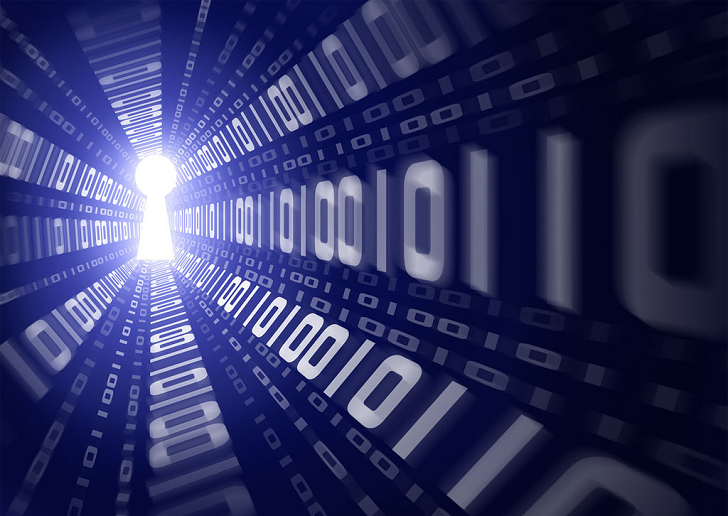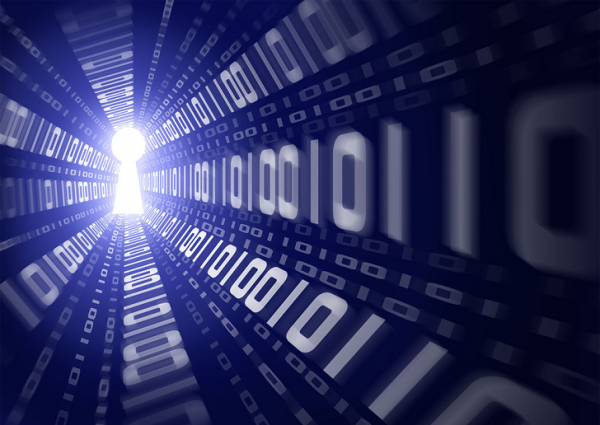Many computer users consider malware, viruses, spyware, adware, worms, Trojans and the like as the same thing. They are all types of malicious software that each behaves differently. The word malware is a combination of two words “malicious” and “software”. It is also an umbrella term used to describe all of the hostile and intrusive program codes including viruses, spyware, worms, Trojans, or any other program that is designed to perform malicious operations on a computer. Some of them attack computer programs and files while some attack the user’s confidential data.
1. Viruses: This is a term that used to be generic. Any bad software used to be a virus. However, the term “malware” is now being used in its stead. Viruses are self-replicating programs that often attach themselves to an executable .exe file because it knows the user would eventually click on it to run the program, and that’s all it needs to infect the computer. Examples include Stuxnet, Conficker, Agent.btz, Zeus Zbot and My Doom.
2. Worms: Worms are evolved forms of viruses. Like viruses, worms replicate and spread themselves, although on a higher scale than viruses. Worms differ from viruses in that they don’t need the user clicking on any file to manifest – which makes them even more dangerous. Examples include Blackbox Jerusalem, Storm Worm, Melissa, Code Red, Morris Worm and ILOVEYOU.
3. Trojan: This is a program that appears useful by pretending to do certain activities in the foreground, but in reality is causing harm in the background with the objective to either harm your computer or steal valuable information. It is commonly spread through downloading malicious software like keys, cracks, free illegal music, and so on. Examples are BackDoor, Gatez to Hell, CoolCat, and Armageddon.
4. Scareware: The scareware is a fraudulent software that appears to be legit (usually in the form of a system utility tool to help fix your computer) but when it runs it tells you that your system is either infected or broken in some way. This message is meant to frighten you into wanting to fix the problem. The software claims it is able to solve the problem if you pay some money. Scareware is also known as rogue software. Examples include Mac Defender, XP Antivirus, Spyware Sheriff and SpyFalcon.
5. Ransomware: Ransomware is a malware that alters your computer in such a way that you are unable to access it normally. It will display a screen message that demands some form of payment to have the computer unlocked. Access to your computer is literally held at ransom by the cyber-criminals. Examples are CryptoWall, Archiveus, CryptoLocker, TROJ.RANSOM.A and Reventon.
6. Spyware: This malware monitors your computer and reveals collected information to an interested party. Spyware not only tracks the web pages you visit, they can also monitor everything you do with your mouse or keyboard by collecting credit card numbers, passwords, and files. Example: Cydoor, Batton.rk, Huntbar, Gator and New.Net.
7. Rootkit: These are computer programs developed by hackers to gain administrative access to your computer or network without being detected. Once an attacker gains administrative access to your computer, exploiting and manipulating your system or network operations becomes very easy to do. Some rootkits also have the capability to conceal themselves from antivirus software. Types of rootkits are Kernel Level, Hypervisor, Boot Loader and PoisonIvy.
8. Bloatware: Bloatware are weird apps that come preinstalled on your smartphone or computer. They have unnecessary features and use a large amount of storage and memory space. They are harmless, although deleting them can often be very difficult. On a Windows device they can be uninstalled, but because of the complexity of the Android software, the deleting of bloatware vary from manufacturer to manufacturer, and sometimes from model to model. Examples are Verizon Messages, Samsung Touchwiz, HTC Sense, AT&T Family App, and Superfish.


